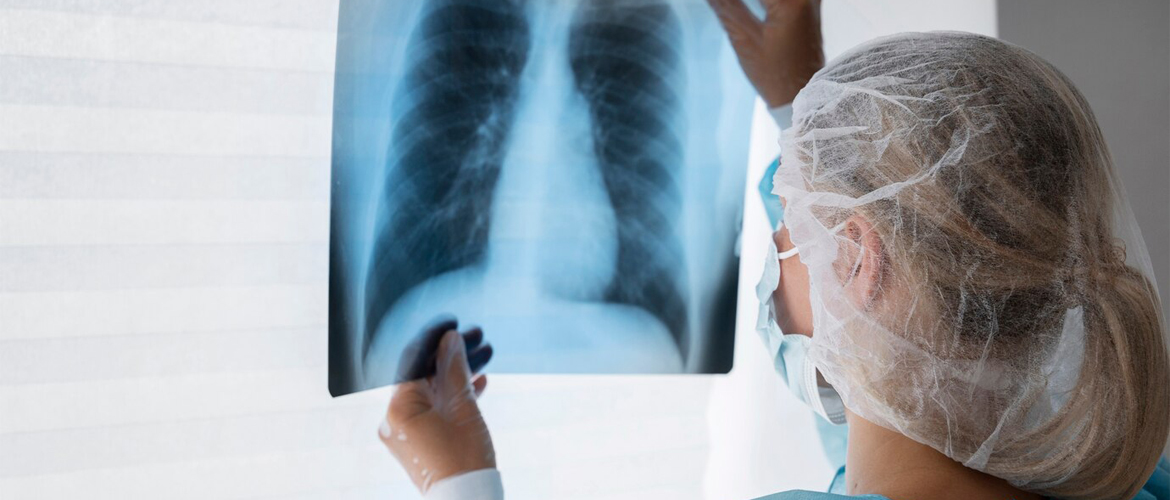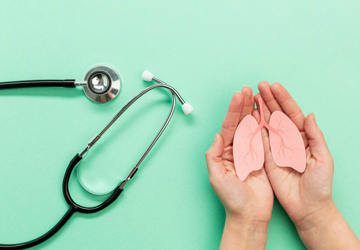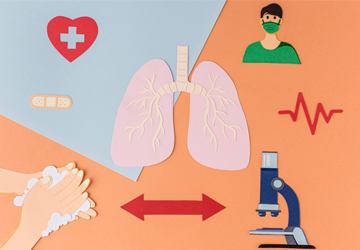Common signs include persistent cough, wheezing, shortness of breath, chest pain, and frequent respiratory infections. If symptoms persist, it’s important to seek medical advice.
- 83 8008 0059
- 1st Floor, Chavan Mohite Complex, Umbrya Ganpati Chowk Dhayari, Pune



